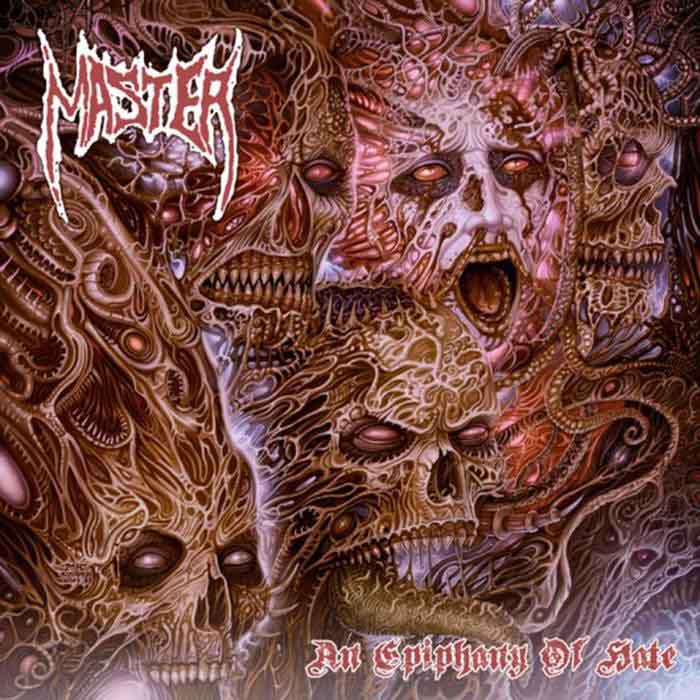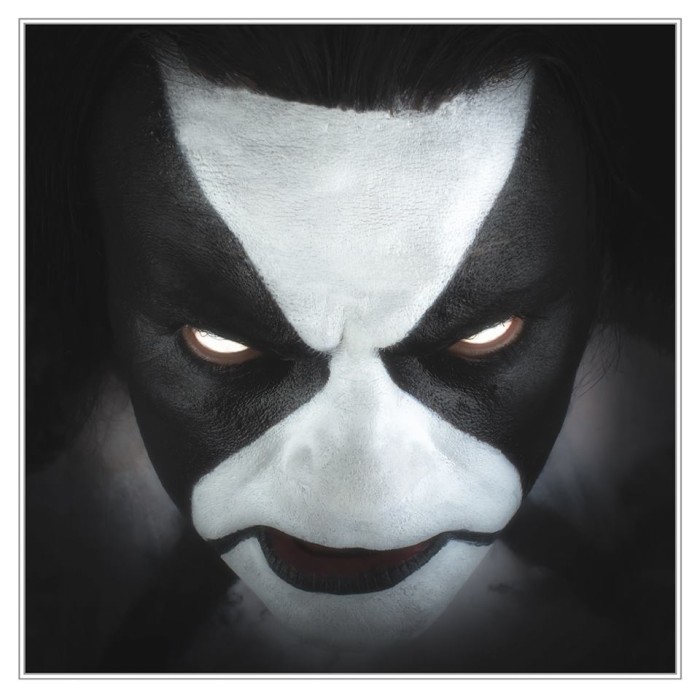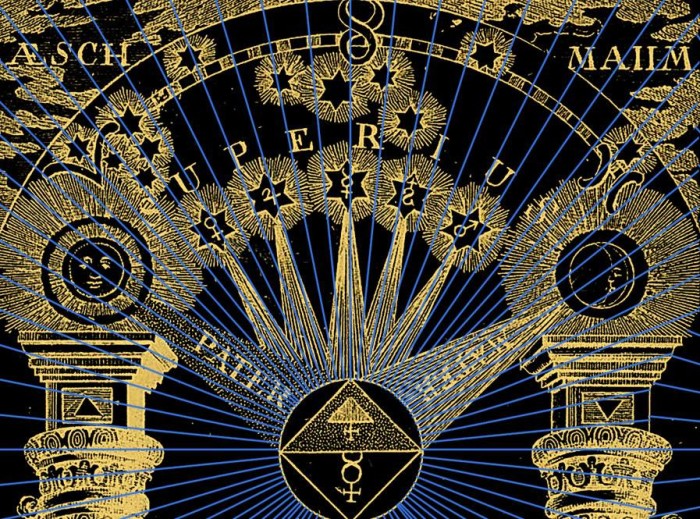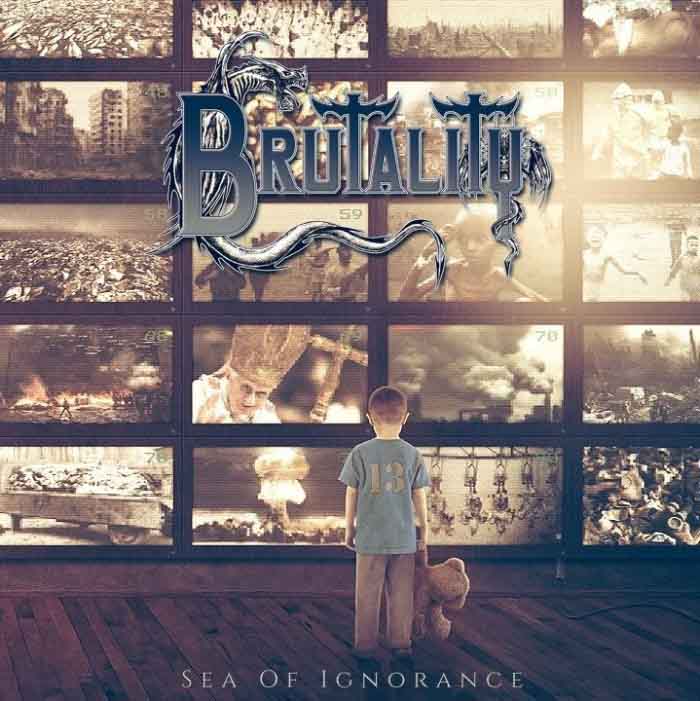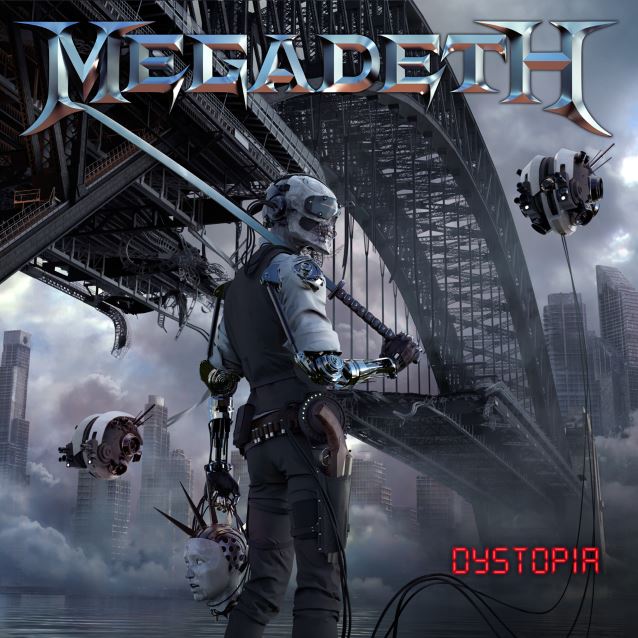
Megadeth has cycled between obvious mainstream rock pandering and careful imitation of their best appreciated works at an ever accelerating rate since their reformation in 2004. If this trend keeps up, they’ll be changing styles with every strum of their guitars in a few years. Dystopia isn’t quite as quick to alter its own sounds as that rather implausible hypothetical peak, but it’s still obviously colored by two colliding trends; Dave Mustaine’s desire to outsell Metallica, and the fact that even relatively extreme metal can sell enormous volumes in 2016. This makes what would be yet another comeback album into a surprisingly disjointed experience at times.
In general, Dystopia provides its potential listeners with several varieties of vintage Megadeth to peruse at their leisure, ranging from the technical wizardry of the ’80s and Rust in Peace (arguably the musical peak of this band) to the streamlined pop metal that immediately followed such, and even hints of recent albums through conceptual and musical continuity. Beyond the vocals of Dave Mustaine and the frequent guitar leads, though, there’s little that distinguishes this from other poppy speed metal of the mid 2010s, especially since this is one of those dime-a-dozen studio perfect recordings with perfectly appropriate production and instrumentation. One definite problem, however is that Dave Mustaine’s vocal and lyrical contributions have decayed in quality in recent years. Megadeth’s always been political at the best of times, but more often than not the lyrics devolve into political sloganeering that might be appropriate if he actually ran for president of the USA. In song format, though, all they do is annoy, irritate, and pander. Mustaine also relies increasingly on digital processing to mask the age-related decay of his voice, most notably on “Fatal Illusion“. This isn’t an innately bad thing, and you could theoretically make a case for the chorusing and harmonies opening new ideas for Megadeth to explore, but it pushes unneeded emphasis on the vocals, so even the average listener that decides that the technique sounds kind of cool might find it grating regardless. Perhaps I shouldn’t be focusing on the vox too much, but when the rest of the album is competent and yet unremarkable, it’s sometimes the only option.
In short, Dystopia is kind of disposable; most metal albums that try to approximate known classics are. It’s still better than Repentless, but the “Big Four” have all since run out of momentum, which makes Dystopia‘s slick technical competence marred by excessive streamlining even more unremarkable than it would otherwise be. The last time Megadeth tried their hands at this, they cranked out Endgame, which was well received at the time of its release and generally similar in approach, but has since faded from the public eye. Do you still have space in your listening rotation for Endgame? If you don’t, you won’t have time for Dystopia either.
17 CommentsTags: 2016, dystopia, mainstream metal, megadeth, modern metal, Speed Metal, traditional heavy metal, vocal driven
